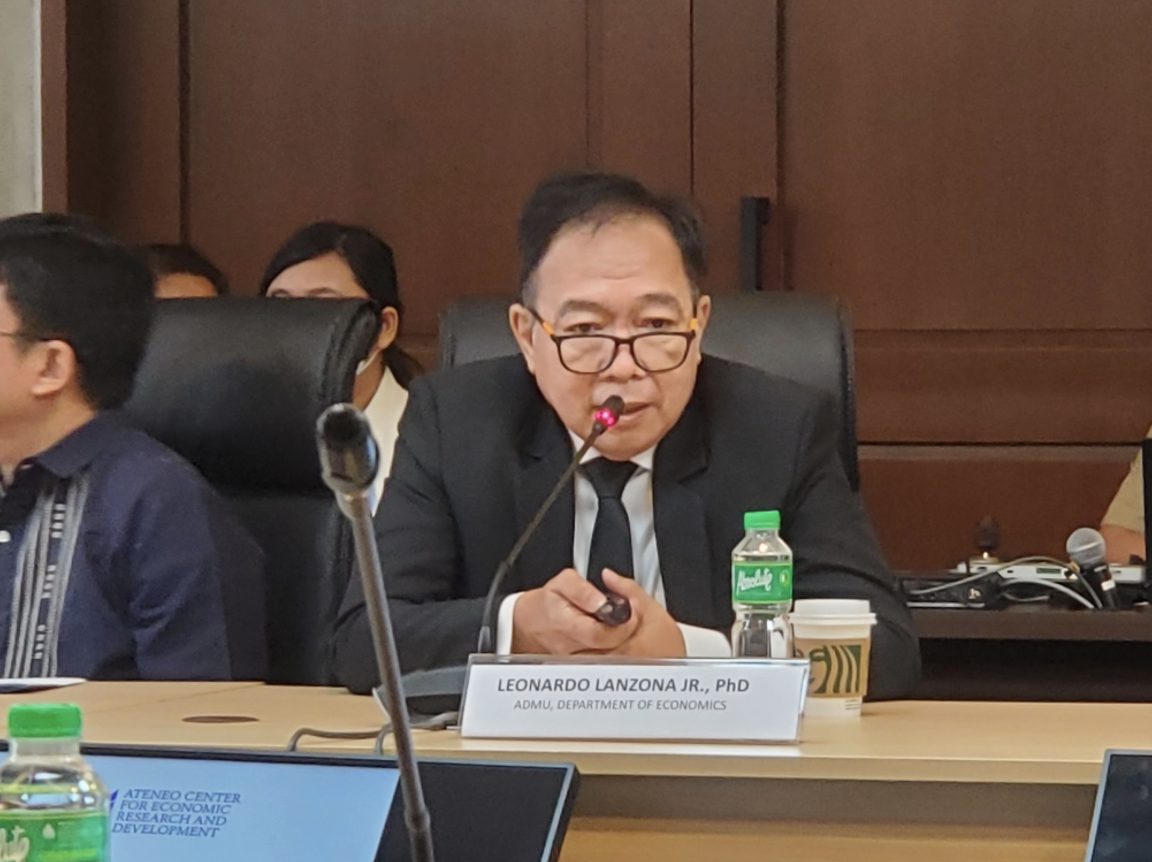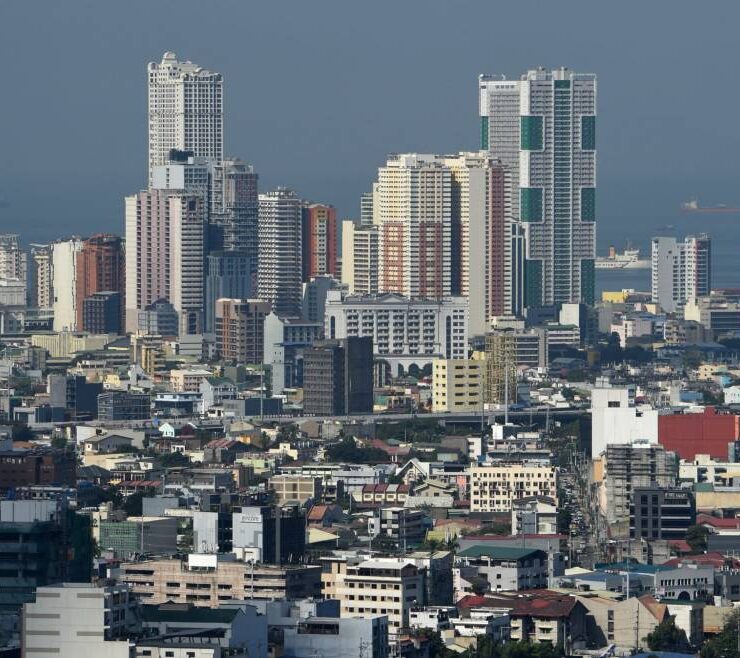‘Tailored’ reforms to cure PH learning poverty urged

Higher government spending on basic education would unlikely result in bigger wages for Filipinos if not targeted at honing the specific skills demanded by the labor market, a study that called for “tailored” policies to cure learning poverty in the country showed.
In a paper, Leonardo Lanzona, a labor economist at Ateneo de Manila University, said that pouring more state funds into regions with lower schooling levels had failed to translate to bigger wage returns because the programs were “not aligned with the conditions of the labor market.”
As a result, educated individuals still grappled with labor mismatches and underemployment. This inability of government policies to improve basic education quality, Lanzona explained, hampers the country’s ascent to the upper middle-income status.
“While quality education is produced only over the long term through greater budgets across the regions, the type of skills produced by basic education are not demanded by firms,” Lanzona wrote in a paper titled “Learning, Government Budget and Wage Growth in the Philippines.”
“In effect, some individual wages can stagnate and decline, particularly for those not able to gain further schooling and training,” he added.
Underemployment
Latest data from the Philippine Statistics Authority showed there were 6.47 million employed individuals who still looked for additional jobs or extra working hours last January to augment their income, yielding an underemployment rate of 13.3 percent.
That was worse than the 10.9 percent underemployment rate in the preceding month, indicating a deterioration in job quality. On a quarter-on-quarter basis, the share of wage and salary workers—a proxy for good quality jobs—shrank to 63 percent from 63.8 percent previously.
Underemployment remained high as the country struggled to tackle its learning poverty, which happened when children were still unable to read and understand a short text by age 10. A 2022 study by the World Bank showed nine out of 10 Filipino children at late primary age were not proficient in reading, one of the worst learning poverty rates in the East Asian and Pacific region.
Meaningful progress
For Lanzona, tailoring solutions to the specific needs and circumstances of each region is essential for meaningful progress in reducing learning poverty.
This could mean reducing central government oversight over basic education policies; and giving regions more flexibility to capitalize their budget shares by letting them formulate and implement their own programs that would make their graduates more employable.
“Given the established relationship between learning and wages, this suggests that part of the country’s learning poverty can be attributed to poor government allocation of its resources leading to a deficient basic education system,” he said.





















